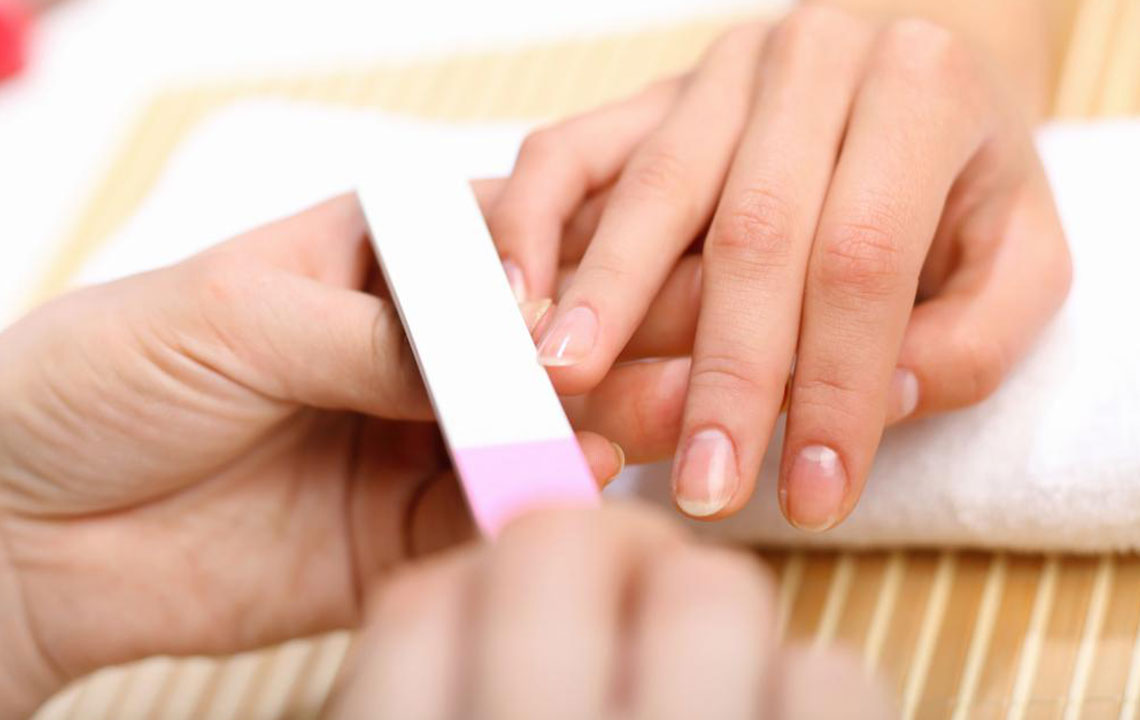Toenail Fungus – Signs, Causes, Home Remedies and Precautions
Have you ever seen white or yellow spots appearing under your toenail? This common scenario, especially during a humid weather is called toenail fungus, or onychomycosis in medical terms. However, not serious problem, toenail fungus can often be quite uncomfortable. Therefore, it is essential to take proper measures to overcome this condition.
Toenail fungus is a common infection, and as the name itself suggests, it takes place on or around the toenail. When toes stay either wet or warm for long, a fungus starts to develop. Different parts of the nail such as the fingernail and the skin around the nail are some common areas struck by this infection.

There are several home based remedies as well as medicines available to treat this. According to the condition (pain and damage), one can seek the counsel of a doctor. So if the toenail fungus seems to be mild, you can fix it with simple home treatments. Doctors who specialize in skin disorders (dermatologist) or those who specialize in foot illnesses (podiatrist) can be consulted for this purpose.
Common signs of toenail fungus infection:
- White or yellowish patches appearing under or around the toenail
- Cracking and discoloration of the skin.
- Cracks in the toenail where the infected nail basically becomes shapeless and hard.
- Unpleasant odor from the toenails.
- Dull ache in the toenail and nearby skin.
Factors associated with the infection:
- The use of poor quality products while having a pedicure or probably a foot massage can lead to this infection. Hence, always use high-quality products.
- Wearing poor quality socks which do not instantly absorb the sweat and feet remain wet for a long time.
- Wearing tight or closed shoes will clog the pores in the area and cramp the nails.
- If you are having any chronic or long-term illness such as diabetes, a weak immune system or your blood flow is less than normal, then you are prone to this kind of infection.
- Working in an occupation where you are continuously in contact with moisture or dampness such as bartending, housekeeping, or swimming.
- It spreads really fast so if you are in contact with a person suffering from toenail fungus, it can happen to you as well.
- Walking barefoot in public areas, such as swimming pools, gyms, and shower rooms.
Home remedies for treating toenail fungus
The following are some simple home remedies that can effectively help you get rid of toenail fungus in a matter of few days.
- Vinegar
Its acidic quality is again antifungal, so it will help you gain quick relief from toenail fungus. - Mouthwash
Most mouthwash products must have components like thymol which has antifungal properties. By applying it with the help of a cotton pad or cloth, one can get rid of minor toenail fungus infection. - Tea tree or oregano oil
These natural oils again help in destroying the toenail fungus. After cleaning the affected area, apply it directly to the toenail with a cotton pad thrice a day. - Coconut oil
It is natural and consists of fatty acids with antifungal qualities that can curb the infection.
Doctors can suggest several ways to cure this infection such as topical ointments (medicated nail polish or nail cream). You may also use medications to reduce the fungus. In severe cases, the damaged skin might have to be removed as it cannot be treated anymore and fungus on it is spreading to the other fingers. In some extreme cases, nail surgery needs to be done which can result in the removal of the nail.
Precautions
- Wash and clean your toes thoroughly with an anti-bacterial soap and clean water and dry them properly.
- Trim your toenails regularly.
- Tools used for the cleaning of your toes should be clean and not too old. You can sanitize the tools with the commercial hygiene products.
- Products used while having a foot massage or a pedicure should be of good quality and tested scientifically.
- Pick socks which can absorb moisture and keep your feet dry.
- Avoid wearing too closed or tight shoes.
The home remedies and precautionary measures mentioned above can help you a lot. However, if the problem doesn’t seem to subside, consult a dermatologist or podiatrist as soon as possible.

